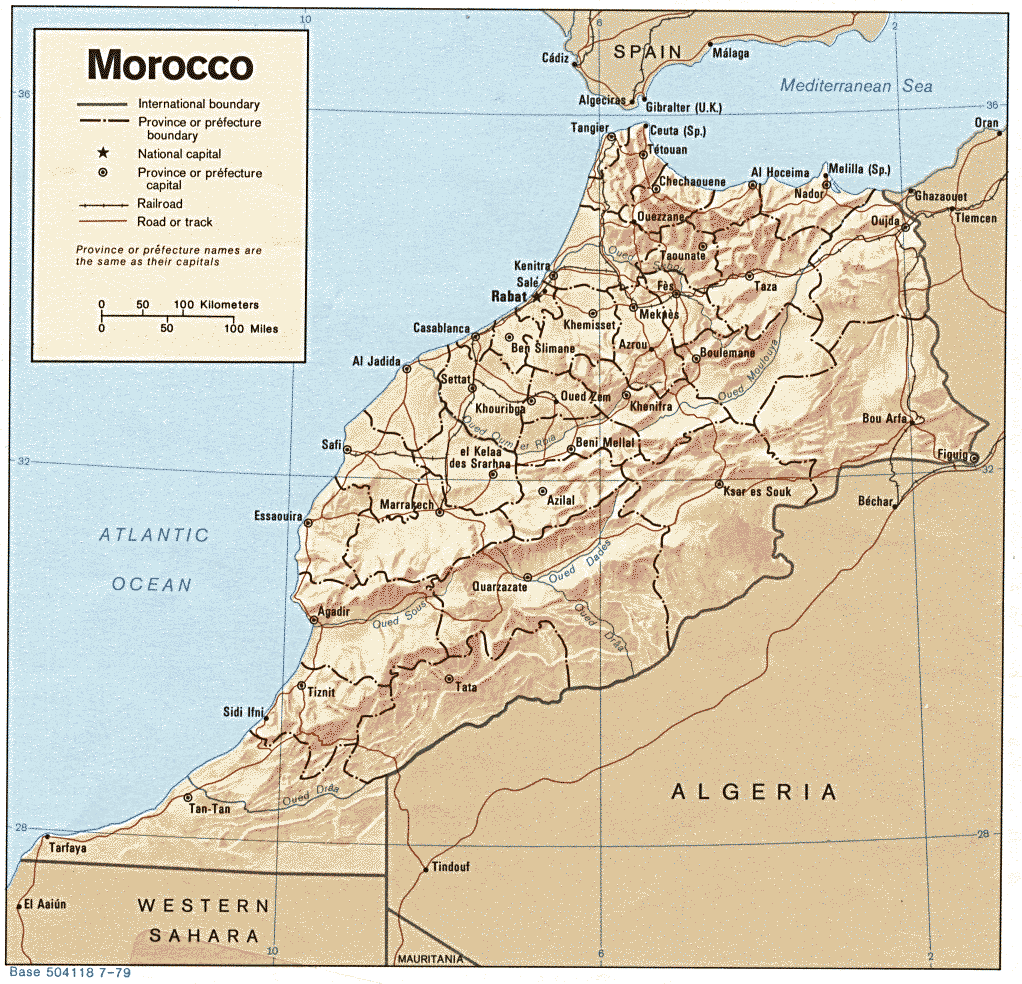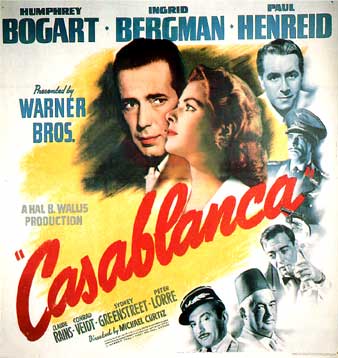 |
| From this... |
Coriander, cumin, saffron, cinnamon, and paprika are all spices that Moroccans use liberally in their cooking. These spices transform any dish into a zesty, delectable meal. Moroccans also favor lamb, which can be grilled, stewed, eaten off kababs, or eaten with the hands. In particular, lamb is usually topped by raisin and onion sauces or an apricot puree. Lemons also are a handy item in any Moroccan kitchen, as they bring a zesty je ne sais quoi to any chicekn dish. Moroccans also incorporate nuts into their cooking. At a Moroccan dinner party, you may find pine nuts, almonds, and pistachios in your dish.
 |
| To this! |
Tajine is the quintessential Moroccan dish. Tajines are stews braised at low temperatures, which makes the meat tender and the sauce aromatic. A tajine gets its name from the pot that it is cooked in (the tajine pot), which has a conical top. Tajines are slow cooked and usually consist of lamb or chicken seasoned with many spices.
http://en.wikipedia.org/wiki/Tajine
http://www.cuisinenet.com/glossary/morco.html








